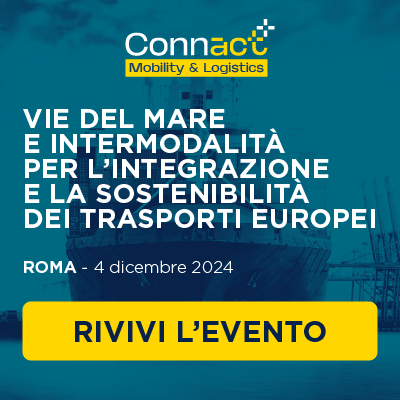Brussels – In its resolution on the European Commission’s work programme 2025, the European Economic and Social Committee (EESC) called for a rapid follow-up to Mario Draghi’s report on European competitiveness. ‘At this crucial juncture for Europe, we must not only address immediate challenges but also set a vision for long-term prosperity. By fostering innovation, ensuring fairness, and upholding our environmental commitments, we can lead Europe toward a brighter, more united future’ said EESC President Oliver Röpke.
The EESC called on the EU institutions to swiftly adopt the Clean Industrial Deal, a strategy to boost productivity and competitiveness through massive investment in innovation and sustainable technologies to ensure the EU stays ahead of global competitors. Efforts to catch up with the US and China and to take the lead in new economic sectors are likely to require new financial and regulatory solutions from the EU. But at the same time, the EU must be careful in this race to ensure that the promotion of competitiveness does not undermine the cohesion of the EU’s single market. And it must address and prevent new competitiveness and growth gaps between EU countries.
In addition, as called for in the Draghi report and supported by the EESC, the EU should take care to preserve the key elements of its socio-economic model. These not only ensure social justice and inclusiveness, but at the same time, for example, ensure decent working conditions, as Draghi explains in his report, are conducive in the long run to building resilient, sustainable competitiveness.
The European Commission intends to present its proposal for the next multiannual financial framework in 2025, which is expected to include a – possibly reformed – cohesion policy. However, the EESC calls for the EU to maintain a strong role for the regions and a system of multi-level governance in cohesion policy, i.e. not to make it too similar to the Next Generation EU type of governance. This will ensure that cohesion policy in the EU continues to promote social and economic convergence, as required by EU Treaties.
The EESC calls on the European Commission to reduce bureaucracy without lowering standards. Reducing administrative burdens is essential, but it must be done in a transparent and inclusive way. The EESC stresses that reforms should maintain high social and environmental standards. For SMEs, the “think small first” principle should drive action, with measures such as simplified procedures, stable legislation and affordable renewable energy to empower smaller businesses. The EESC stresses that the best way to achieve EU significant and smart reforms is to strengthen social dialogue and civil society. That is why the EESC calls for civil society to be fully recognised as a partner in the design and implementation of EU policies. A clear strategy and action plan for civil society would help, as the EESC resolution underlines, to ensure that democratic values, just transitions and social justice remain at the forefront of EU efforts.
English version by the Translation Service of Withub

![Agnieskza Bartol, rappresentante permanente della Polonia presso l'Ue, espone le priorità della presidenza polacca del Consiglio Ue, al via l1 [Bruxelles, 12 dicembre 2024. Foto: Emanuele Bonini per eunews]](https://www.eunews.it/wp-content/uploads/2024/12/polonia25-350x250.jpeg)







